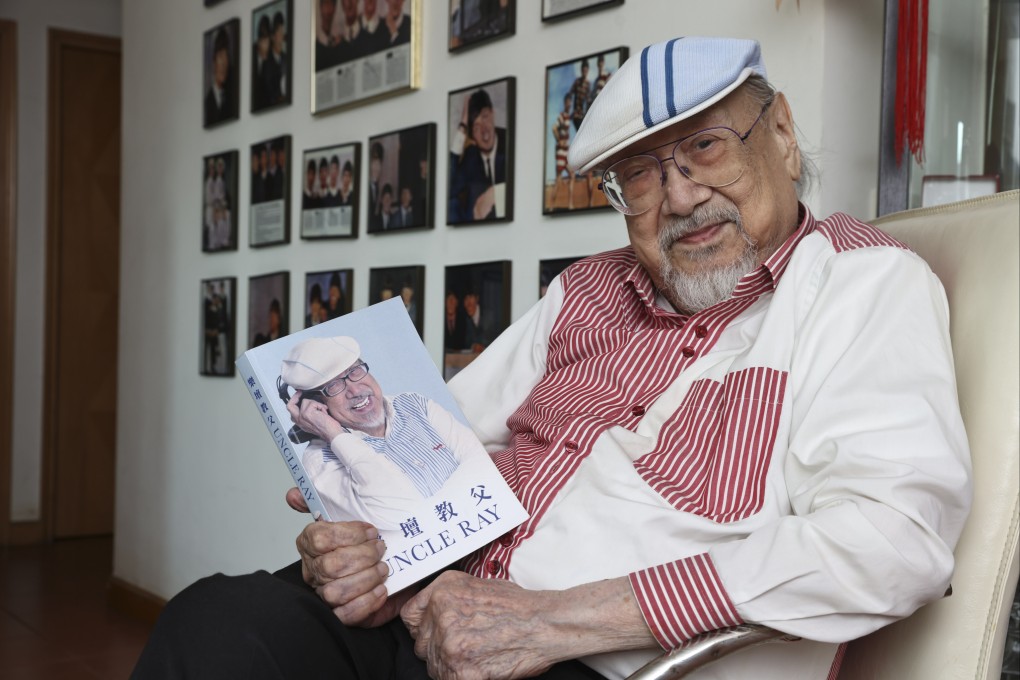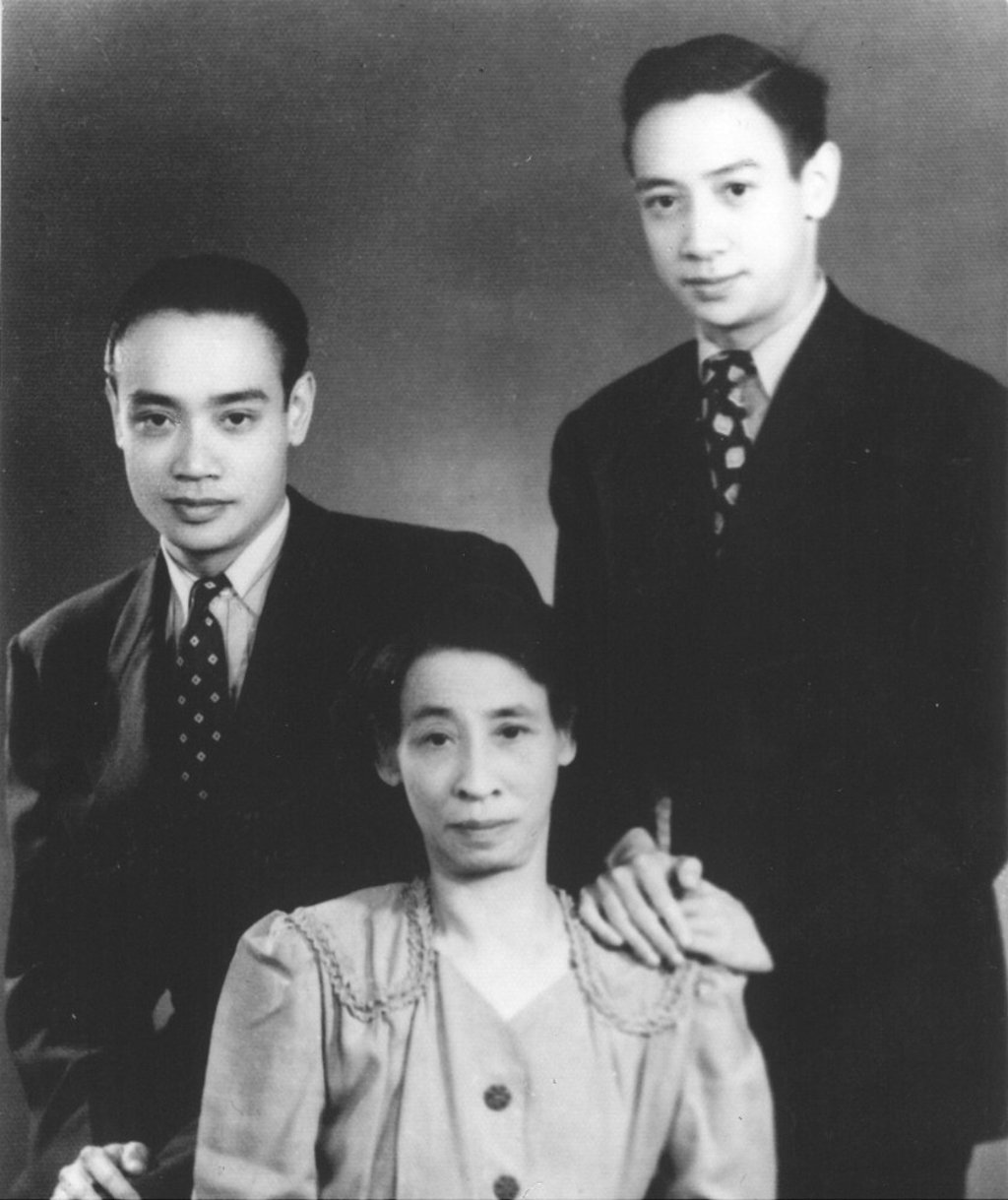Profile | DJ ‘Uncle Ray’ Cordeiro, 96, on how he got into music, interviewed The Beatles, and was ‘Hong Kong’s oldest teenager’ until he grew out of pop in his forties
- As a boy Cordeiro wanted to be a drummer, and after World War II joined a band, but it was as a DJ, first for Rediffusion, that he found his musical calling
- He interviewed The Beatles in London in 1964, but later swapped pop for the easy-listening music he presented on RTHK’s All the Way with Ray until this year

Wondermum: My family history traces back to Portuguese immigrants to China. My grandfather was born in Shanghai and moved to the Portuguese colony of Macau, where he met my grandmother, before moving to Hong Kong in 1868.
My father was born in Hong Kong and my mother was born in Macau and moved to Hong Kong with her family at the beginning of the 20th century. I was born in Wan Chai in 1924, the fifth child of six kids.
When I was six, my dad abandoned the family for his mistress, the house maid, which made life even harder for my mum, who had to take on extra work to feed us. We were a poor family, all hanging on my mother. She was a wonderful woman. Even though he left us, mum always taught us to respect our dad.
I went to St Francis’ Canossian School, in Wan Chai. I had a terrible stutter as a child and my friends all laughed at me. It was my mum who helped me. She said, “You are very smart, just take a deep breath and talk slowly, you will find everything will come out smoothly.” I took her advice and it worked.

Fortunes of war: I went to St Joseph’s College. There was a Japanese student who sat next to me, he was very quiet, a perfect gentleman. During the war, when the Japanese occupied Hong Kong, I saw him in the street, he was in full uniform, a general in the army. He smiled and I went up to him and he said, “If you have any trouble just look for me.”